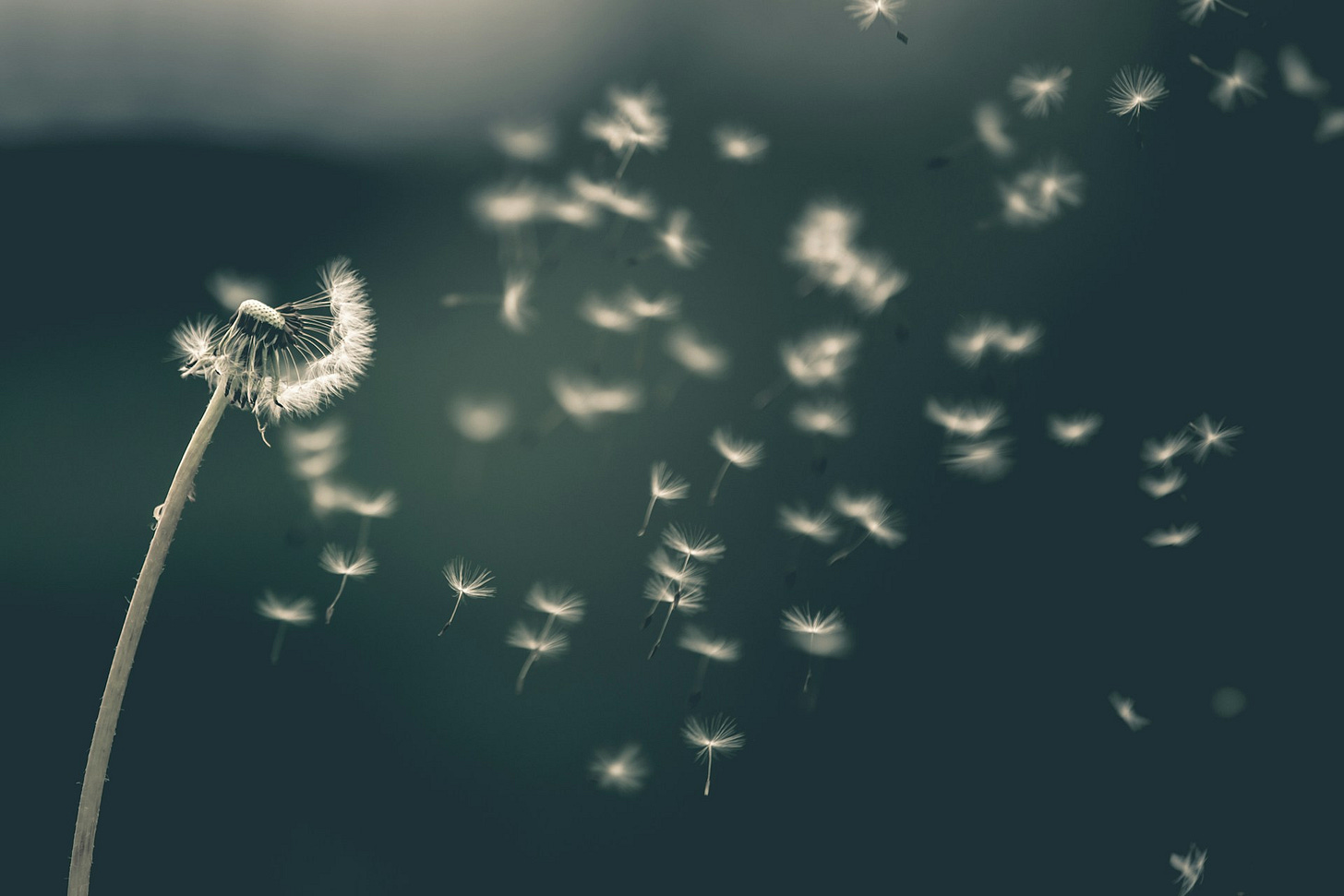On publishing + vulnerability hangovers
Attaching myself (& my mood) to algorithmic feedback loops is a horrible way to live.

On Friday, the Irish Independent published a piece I wrote about my mother's death and the increase in road traffic fatalities. It's a very personal piece about the night she died and the impact it had on my ability to feel safe on the road.
On first reading, an editor called it "brave" which, to be honest, panicked me. I wrote it in a focused haze, trying to find a series of words and sentences that would communicate what I wanted to say. I have a strong sense of my own boundaries as a writer - what I will and won't share, what belongs to me and what I'm willing to share with the world. The piece I wrote was well within my limits. It was about my mother's death, but said almost nothing about the person she was. It talked about trauma and the anxiety I sometimes feel when I’m in a car. But, for me, that is far from top of the list of triggers that make my life difficult. I felt comfortable sharing it. I know the power of personal stories and hoped it might do some good in the world.
It went up Friday. I walked, with my partner, to get a copy of it. We were both excited to see it in print, she took the above photo for posterity. I walked home, posted it on social media (eek!) and went about my day. Or at least I tried to. Refreshing social media every 7 seconds makes it very hard to focus. This is an aspect of the publishing process that I need to get better at. Attaching myself (& my mood) to algorithmic feedback loops is a horrible way to live. Throughout the day, I got some lovely messages from friends and readers. Those were so precious to me.
I worked through my ‘to do list’, met with my writing group to talk about another piece that’s in the works, took another walk with my partner and at the end of day, sat on the couch with a plate of (fake) chicken and (real) chips, watching Homeland.
Saturday morning, I woke up feeling shitty. Brené Brown has talked (I can't remember where) about the vulnerability hangover that followed her viral TED talk. That combination of feeling sick, frightened and overexposed. I was (& am) proud of my piece but knowing that it was out in the world, made me want to hide under the bed. As often happens, it tapped into a feeling from childhood of being powerless and exposed to the world.
Publishing is my least favourite part of the process. My work is alive for me when I'm in my office playing with my words, trying to find a way to communicate what's in my mind and body. By the time it exists in the world, it doesn't belong to me anymore. I remember hearing Ta-Nehisi Coates talk about publishing “Between the World and Me”. “That book is dead to me,” he said, meaning that while the life-altering success was welcome, he was focused on his next book, the project that was absorbing his attention now.
I’ve tried to develop a healthy detachment from my work which comes from me (often the deepest part of myself) but isn't me. It's the art I create from the raw materials of life, but it isn't my life. I draw a clean distinction between the writing (which is for me) and the publishing (which is about capitalism). Publishing is about clicks and contracts and social media, and the general hoo ha that comes with public attention. But writing is quiet and solitary and purposeful. It’s the closest thing to pure joy I’ve ever experienced.
I spent yesterday on the couch with my books and my journal. I took a long walk in the rain. (“If Irish people didn’t do things because it was raining, we’d never do anything,” I said to my Italian partner who was horrified at the idea of voluntarily going outside in that weather!) By the time I sat opposite her at dinner, I felt like myself again. I had returned to the present, having been pulled into the whirlpool of the past. We leave for a trip in a few days. I'll be spending this St. Patrick's Day this year in Hanoi, Vietnam. It’ll be my first big trip in years and I can’t wait to immerse myself in a radically different world.
It's a funny dichotomy: to be so excited to have people read my work, while also knowing it might discombobulate me. It’s not always this bad - this was a uniquely personal piece - but I don’t ever want to give the impression that this work comes without a cost.
💕 If this piece resonated with you, please tap the heart below to help spread the word.
💬 In the comments, I’d love to hear about your experience with vulnerability hangovers. Do you impact you? Or, does sharing your work effect you in other ways?






